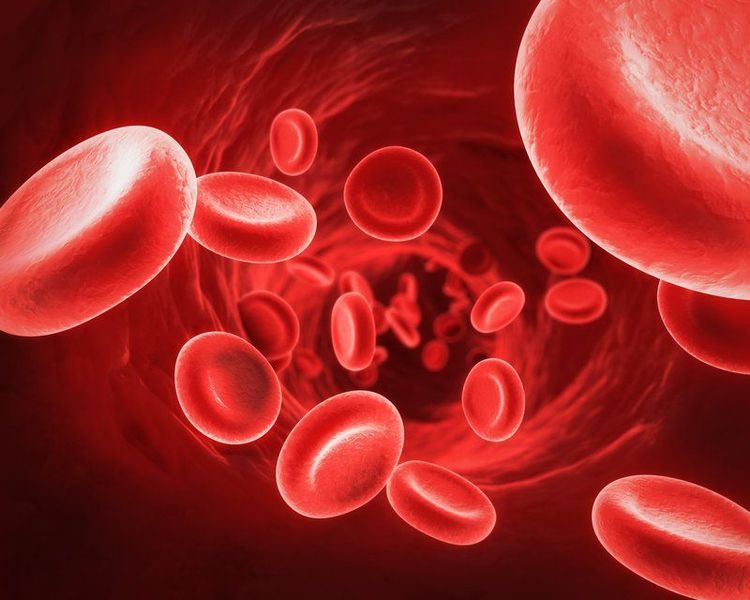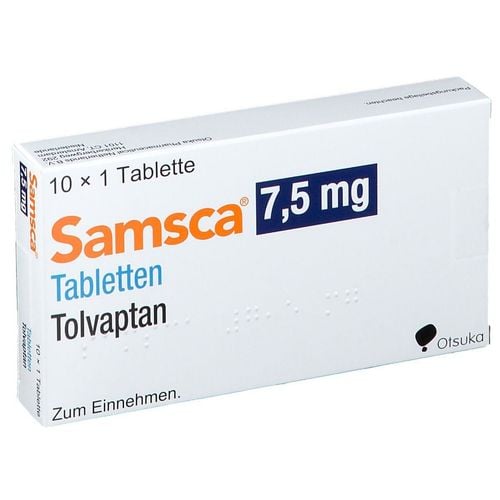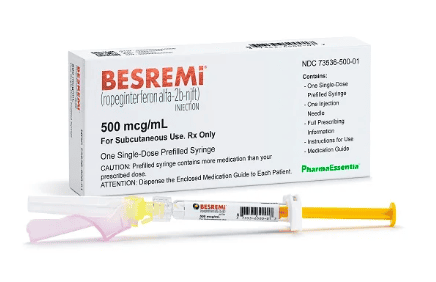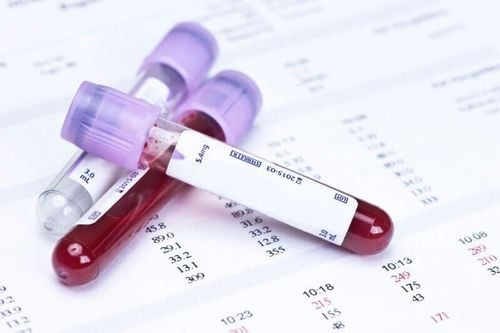This is an automatically translated article.
Blood count is one of the important tests in the medical examination process. Information from the index of red blood cells, white blood cells, platelets ... in the blood count will be of great help to the doctor to make conclusions about the patient's health status.
1. What is blood?
Blood is derived from bone marrow, consisting of 2 components: plasma and blood cells. Plasma is made up of water, mineral salts, clotting factors, antibodies, and proteins. Blood cells include red blood cells, white blood cells, and platelets. A complete blood count, also known as a complete peripheral blood count, is a blood test used to evaluate general health and detect disorders such as anemia, infections, and leukemia.
Blood count measures the components of blood, including:
Red blood cells: transport O2 from the lungs to the organs and bring CO2 back to the lungs for elimination. White blood cells: have immune function, fight against pathogens entering the body. Platelets: help to stop bleeding when injured. Hemoglobin: protein in red blood cells that carries oxygen. Hematocrit: ratio of red blood cells to plasma.
2. Why do a blood count?
A blood count is a routine test that has many purposes:
General health assessment: a doctor recommends a complete blood count at regular physical exams to monitor general health as well as to screen for diseases. diseases such as anemia or leukemia. Diagnosis: When a patient has weakness, fatigue, fever, inflammation, bruising or bleeding, a blood count can help the doctor diagnose the cause of these symptoms, thereby doing further tests. other tests to diagnose the disease. Monitoring of medical conditions: a blood count is ordered by doctors to monitor the condition of patients with diseases that cause blood cell counts. Monitor treatment: when the patient takes drugs that can affect blood cells.

Làm công thức máu giúp kiểm soát việc thiếu hồng cầu
3. Blood count test results
Abnormal readings in the blood count can suggest to the doctor the patient's medical condition.
Red blood cells, Hemoglobin and Hematocrit: if these values are lower than normal, it indicates anemia. Anemia makes the body feel tired, weak, lack of concentration. There are many causes of anemia such as vitamin or iron deficiency, blood loss, or an underlying medical condition. When these numbers are elevated, they may suggest polycythemia vera or heart disease. Leukemia: a decreased white blood cell count may be due to an immune disorder, bone marrow disease, cancer, or medication. White blood cells are elevated in infection, inflammation, immune disorders, or bone marrow disease. Platelets: A platelet count that is outside the normal range can be a sign of an underlying medical condition or a side effect of medication. The patient needs to do other tests to diagnose the cause. In a nutshell, a blood count is a routine test to assess a patient's general health. The erythrocyte and white blood cell counts in the blood count vary according to the disease, thus helping to suggest disease status and monitor response to treatment.
Once you understand what blood is and the basic concepts of blood, you can consider and pay attention to protecting your health to reduce the risk of anemia or blood diseases .
Currently Vinmec International General Hospital has implemented a general health checkup package. This health checkup package at Vinmec is completely different from performing a regular health check. Because the program is scientifically and practically designed to approach all health conditions, and at the same time, early detection, timely intervention and treatment in order to minimize the complications of these diseases. Critical illness threatens your life.
All examination procedures are performed by a team of doctors with many years of experience combined with modern equipment and machinery. Therefore, customers can be assured of the quality of medical examination at the hospital.
Please dial HOTLINE for more information or register for an appointment HERE. Download MyVinmec app to make appointments faster and to manage your bookings easily.
References: mayoclinic.org - medlineplus.gov













